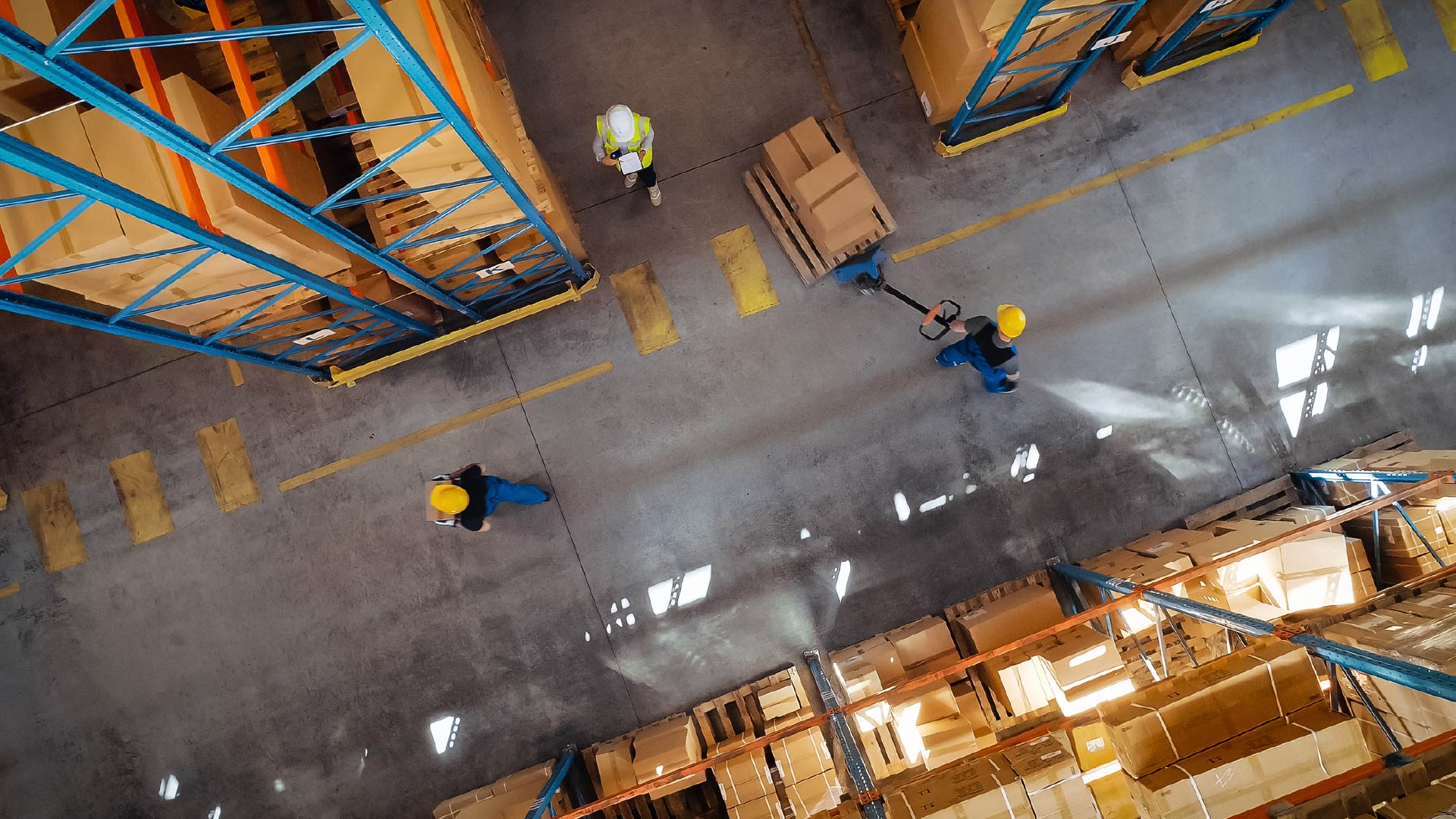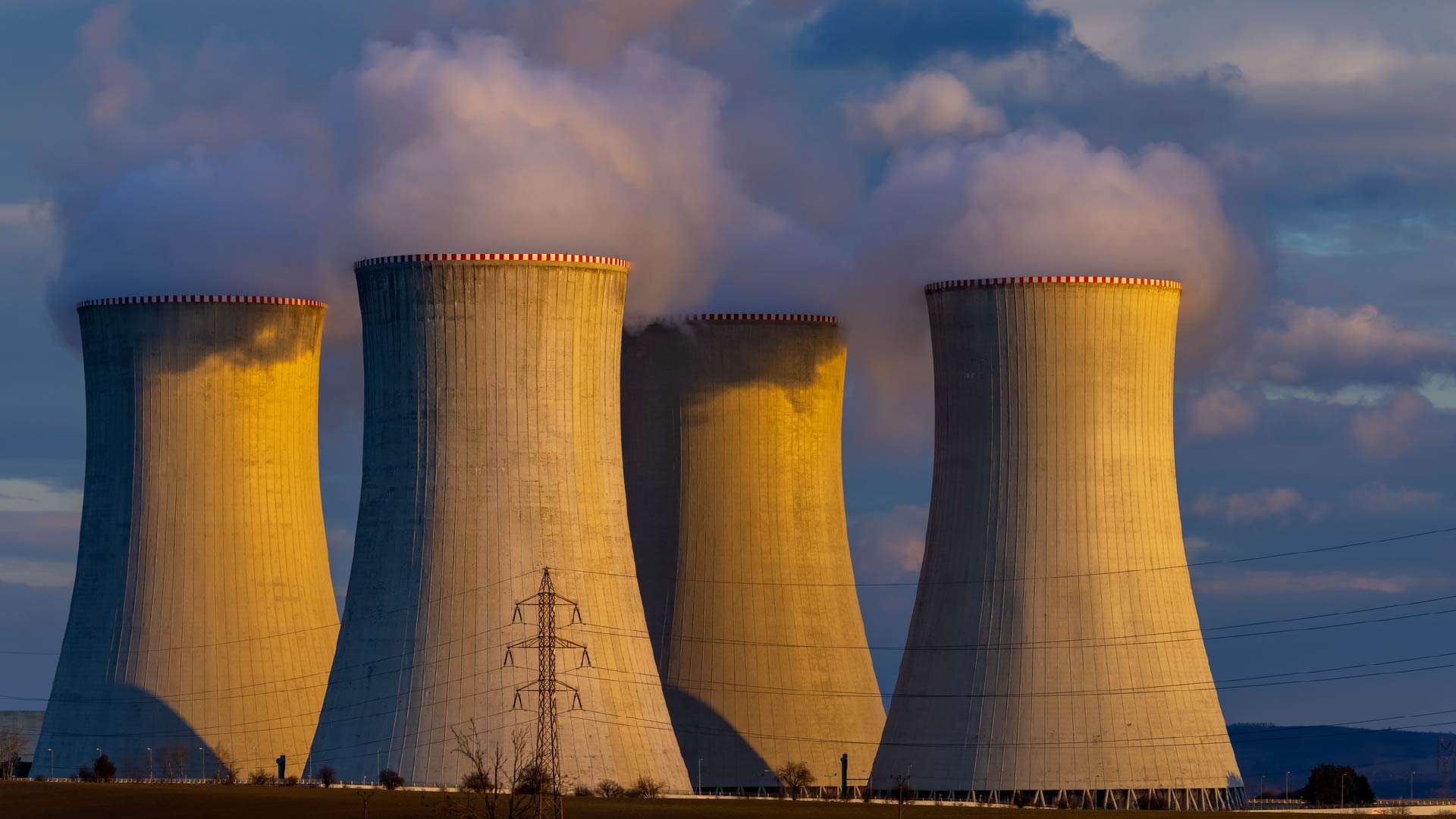Market Overview: Industrial Plant Decarbonization Technologies
Access this research
Access all Industrial Transformation Leaders content with a strategic subscription or buy this single report
Need help or have a question about this report? Contact us for assistance
Executive Summary
Decarbonizing plant operations is a global priority, especially with the Paris Agreement’s goal of net zero emissions by 2050. Driven by macroeconomic factors and stakeholder pressures, firms in high-emission industries like oil and gas, manufacturing, metals and utilities are setting ambitious reduction targets through three main decarbonization technology levers. These are: efficiency improvement technologies, clean energy transition technologies and advanced decarbonization technologies. This study provides an overview of the industrial decarbonization technology market, highlighting solutions that reduce emissions by enhancing energy efficiency, transitioning to clean energy and capturing emissions, and offers guidance for strategy and purchasing decisions.For industrial firms, plant decarbonization is a matter of survival
Macroeconomic factors and stakeholder demands turn focus towards decarbonization technology
Plant decarbonization technologies are split across three levers
Challenges and innovations will drive growth of industrial plant decarbonization technology
Industry-specific nuances and challenges inform decarbonization lever choice
The evolution of plant decarbonization technology will coincide with AI analytics, renewable integrations and growing technology maturity
Figure 2. Efficiency improvement technologies
Figure 3. Clean energy transition technologies
Figure 4. Advanced decarbonization technologies
About the Authors

Kiran Darmasseelane
Senior Manager
Kiran is a Senior Manager at Verdantix, delivering data-driven insights on emerging technologies and global market trends for asset-intensive sectors such as energy, manufactu...

Ryan Skinner
Research Director
Ryan is a Research Director at Verdantix, where he leads a team of analysts delivering research, data and advisory services that help clients navigate the fast-evolving landsc...
View Profile
Malavika Tohani
Research Director
Malavika is a Research Director at Verdantix, guiding research that explores how digital technologies and services are reshaping industrial operations to become safer, more ef...
View Profile









